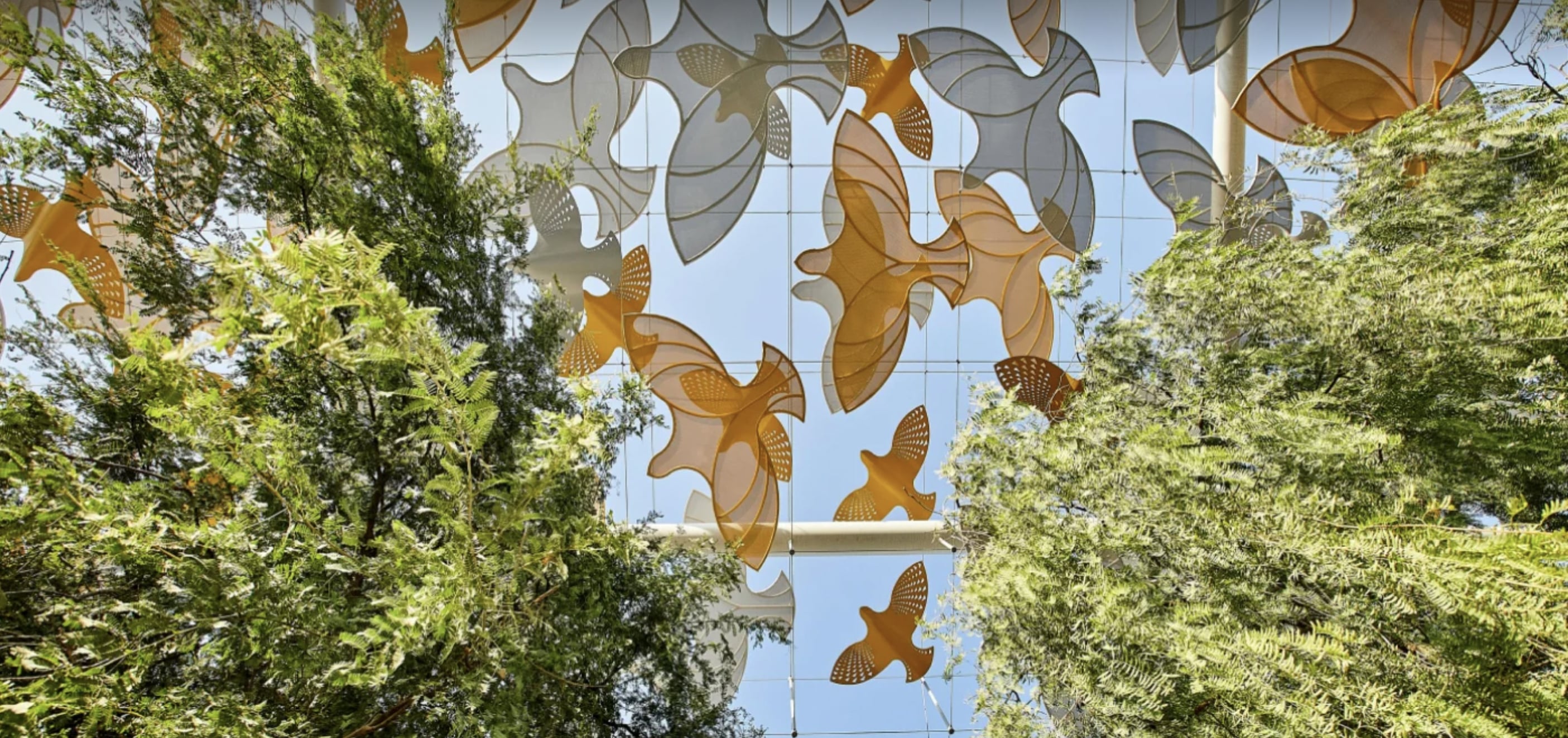Plants decorating different corners of the annual United Nations Climate Change Conference (COP) is quite an ordinary sight. But one tree, located in a COP28 special pavilion, is no ordinary tree. Twenty-eight high-ranking religious leaders from over 19 faiths and denominations came together in November in Abu Dhabi, and collectively planted the ‘Tree of Conscience’. The Tree is now housed at the first-ever Faith Pavilion at a COP, inaugurated on Sunday. Among the world-renowned figures present at the inauguration of the Faith Pavilion on the fourth day of COP28 in Dubai were the Grand Imam of Al-Azhar Ahmed Al Tayeb along with Pope Francis and numerous other religious and political figures. The Pavilion serves as a global platform fostering dialogue and collaboration among religious leaders, scholars, and environmental experts, aiming to address the pressing climate crisis with tangible solutions. During the event, the religious leaders representing diverse faiths also signed ‘The Abu Dhabi Interfaith Statement for COP28’, a statement on climate action designed to leverage the collective influence of religious leaders to inspire environmental justice. “In Islamic logic, humans are responsible for the environment, and for their fellow human beings”,…
Grand Imam Ahmed Al Tayeb Inaugurates First-ever Faith Pavilion at COP28
December 4, 2023




